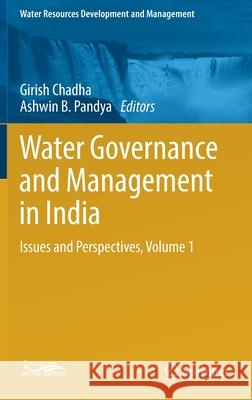Water Governance and Management in India: Issues and Perspectives, Volume 1 » książka
topmenu
Water Governance and Management in India: Issues and Perspectives, Volume 1
ISBN-13: 9789811363993 / Angielski / Twarda / 2019 / 200 str.
Water Governance and Management in India: Issues and Perspectives, Volume 1
ISBN-13: 9789811363993 / Angielski / Twarda / 2019 / 200 str.
cena 402,53
(netto: 383,36 VAT: 5%)
Najniższa cena z 30 dni: 385,52
(netto: 383,36 VAT: 5%)
Najniższa cena z 30 dni: 385,52
Termin realizacji zamówienia:
ok. 22 dni roboczych.
ok. 22 dni roboczych.
Darmowa dostawa!
Kategorie:
Kategorie BISAC:
Wydawca:
Springer
Seria wydawnicza:
Język:
Angielski
ISBN-13:
9789811363993
Rok wydania:
2019
Wydanie:
2019
Ilość stron:
200
Waga:
0.47 kg
Wymiary:
16.2 x 24.1 x 2.1
Oprawa:
Twarda
Wolumenów:
01
Dodatkowe informacje:
Wydanie ilustrowane











